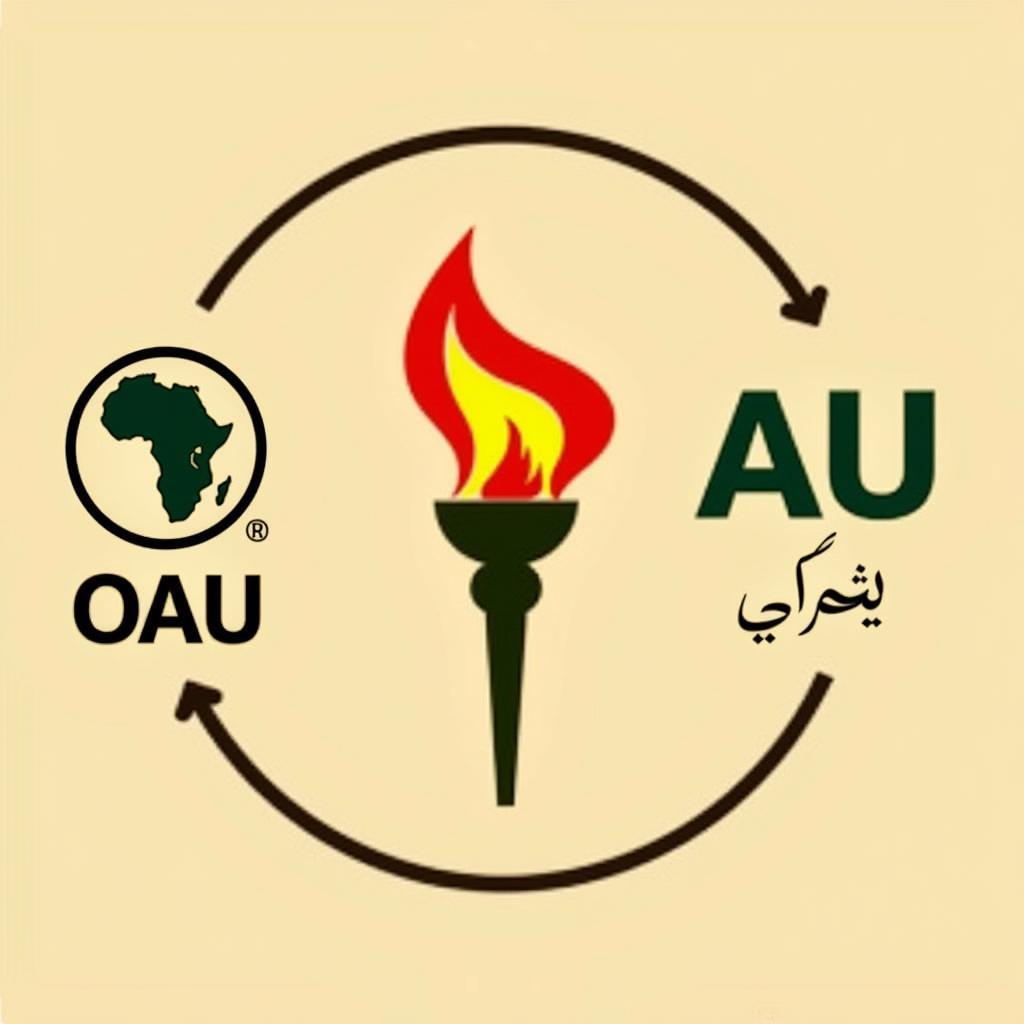African Countries and Their Capitals and Currencies
Africa, a continent of vibrant cultures and diverse landscapes, boasts 54 recognized sovereign nations, each with its own unique capital city and, in most cases, its own currency. Understanding these basic facts about African Countries And Their Capitals And Currencies provides a foundational understanding of the continent’s economic and political landscape.
Navigating the Diverse Landscape of African Capitals and Currencies
From the bustling markets of Accra to the serene beaches of Mauritius, each African nation presents a unique blend of tradition and modernity. Knowing the capital city and currency of each country is essential for anyone engaging with the continent, whether for business, travel, or simply expanding their knowledge. The sheer diversity of African countries and their capitals and currencies is a testament to the continent’s rich history and complex tapestry of cultures.
This article offers a comprehensive guide to African countries and their capitals and currencies, providing a valuable resource for anyone seeking to learn more about this fascinating continent. It’s more than just a list; it’s a journey through the heart of Africa, exploring the economic and political significance of each nation’s capital and monetary system. For example, understanding the historical context of a currency, like the CFA franc used by several West and Central African countries, can reveal deeper insights into the region’s post-colonial ties to France.
What are the most common currencies used across Africa? Several countries share common currencies, reflecting historical ties and regional economic agreements. Understanding these shared currencies provides a deeper understanding of economic cooperation and integration on the continent. The South African Rand, for instance, is used not only in South Africa but also in neighboring countries like Lesotho, Eswatini, and Namibia, illustrating the economic influence of South Africa within the region.
Exploring African Countries: Capitals, Currencies, and More
This section delves deeper into specific regions, highlighting some of the key economic players and their currencies. For those interested in learning more about the linguistic diversity of the continent, exploring African countries languages can provide valuable insights. The use of different currencies across the continent also highlights the intricate economic relationships between nations.
North Africa: A Blend of Ancient History and Modern Economies
North Africa, with its historical connections to the Mediterranean world, presents a unique blend of ancient history and modern economies. From the Egyptian Pound to the Moroccan Dirham, each currency tells a story of the region’s economic evolution. The Algerian Dinar, for instance, reflects Algeria’s history and economic trajectory, distinct from its North African neighbors.
West Africa: A Hub of Economic Activity and Cultural Diversity
West Africa is a hub of economic activity and cultural diversity. Countries like Nigeria, with its Naira, and Ghana, with its Cedi, play significant roles in the region’s economic landscape. The Economic Community of West African States (ECOWAS) promotes economic integration in the region, with a long-term goal of establishing a single currency.
african countries their capitals and currencies
East Africa: A Region of Growing Economic Importance
East Africa is rapidly becoming a region of growing economic importance, with countries like Kenya, with its Shilling, and Tanzania, with its Shilling, experiencing significant economic growth. The East African Community (EAC) aims to foster economic cooperation and potentially introduce a single currency in the future.
african countries and their capitals and currency
Central Africa: Navigating Economic Challenges and Opportunities
Central Africa faces unique economic challenges and opportunities. Understanding the currencies used in this region, such as the Central African CFA franc, provides insights into the complex economic landscape.
Southern Africa: A Region Rich in Resources and Economic Potential
Southern Africa, with its abundant natural resources, holds significant economic potential. The South African Rand plays a dominant role in the region’s economy. For those interested in learning more about African clothing and its cultural significance, exploring African clothing facts can be enlightening.
african countries currency quiz
Professor Adebayo Olufemi, a renowned economist specializing in African economies, states, “Understanding the currencies of African countries is crucial for grasping the complexities of trade and investment within the continent and beyond.”
Dr. Fatima Mbaye, a historian specializing in African monetary systems, adds, “The evolution of African currencies reflects the continent’s rich history and its ongoing journey towards economic independence.”
Conclusion: Embracing the Diversity of African Countries and Their Capitals and Currencies
This exploration of African countries and their capitals and currencies provides a crucial starting point for understanding the continent’s diverse economic and political landscape. From the North African Dinar to the South African Rand, each currency tells a unique story. This knowledge is invaluable for anyone seeking to engage with Africa, whether for business, travel, or simply a deeper appreciation of the continent’s rich tapestry of cultures and economies.
african countries languages
african clothing facts
FAQ
- What is the most widely used currency in Africa?
- How many African countries use the CFA franc?
- What is the currency of South Africa?
- What is the currency of Nigeria?
- What is the currency of Kenya?
- What is the currency of Egypt?
- What is the currency of Morocco?
When you need assistance, please contact us at Phone Number: +255768904061, Email: kaka.mag@gmail.com Or visit us at: Mbarali DC Mawindi, Kangaga, Tanzania. We have a 24/7 customer service team.


